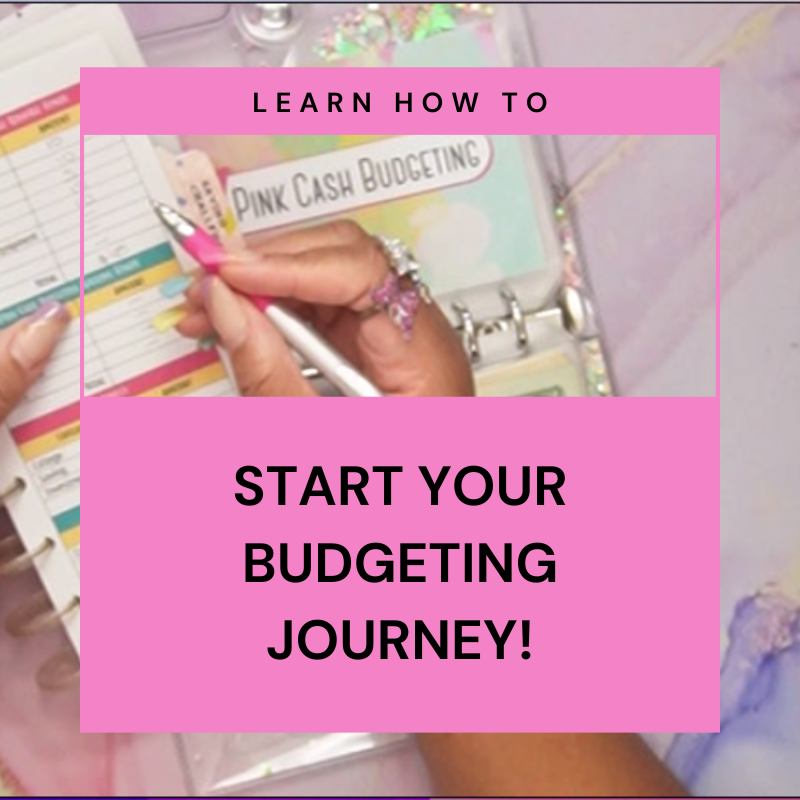
Getting Started on Your Budgeting Journey
Share
Budgeting is the process of developing a financial plan. It entails keeping track of your income and expenditures to ensure you are living within your means and saving for the future. A budget enables you to be deliberate with your spending, prioritize your financial objectives, and avoid debt.
Steps to Start Budgeting
Establishing and maintaining a cash envelope system is a great approach to maintain financial discipline and avoid overspending. Following these five simple actions will get you started on the path to financial stability.
1. Track Your Income and Expenses
Track your spending for one month prior to implementing the technique. This stage will assist you in comprehending your spending habits and identifying any weak points that require attention. By examining your spending habits, you may determine how much money to allocate to each category and develop a practical budget. Consider buying budget planners and budget tracking sheets for a complete examination of your spending.
2. Start Categorizing
After you have a firm understanding of your spending habits, create categories for your cash envelopes. Include savings, holidays, emergency cash, gifts, paying off credit cards, normal payments, travel expenses, and rent, among other categories. This phase will assist you in categorizing your expenses into reasonable groups and preventing you from overpaying.
3. Make Goals For Each Category
Calculate your cash envelope goals for each category after creating them. Refer to the data collected during the monitoring phase to calculate the budget allocation for each category. It is crucial to be practical and adhere to your budget for the system to function.
4. Organize Your Envelopes
Next, you will organize your cash envelopes. You can use plain white envelopes or invest in a set of beautiful, reusable cash envelopes, depending on your preferences. You can also organize your envelopes by storing them in customised custom binders. Some individuals prefer to keep specific envelopes separate from the rest to avoid temptation.
5. Never Carry Everything
Lastly, make sure you never carry all of your cash envelopes at once. It would be most prudent if you carried simply the cash envelopes for your weekly expenses. Place the remaining envelopes in a safe area at home until they are required. Use smaller, travel-sized currency envelopes instead of larger ones to make the process simpler.
Tips for Effective Budgeting
- Be Realistic and Adaptable: Your budget should be achievable and practical. Do not set unattainable goals or assign monies to unaffordable areas. Moreover, you should be willing to modify your budget as necessary to ensure that it remains reasonable and practical.
- Emphasize Savings: Your budget should prioritize savings. You should try to save at least 20% of your income, though this percentage may vary based on your financial objectives.
- Use Budgeting Tools: Budgeting tools can assist you in tracking your income and expenses, classifying your expenses, and creating a budget. These apps can also help you stick to your budget by providing you warnings when you exceed your spending limit in a certain category.
- Include Your Family: Include your family in the budgeting process if you have one. This ensures that all parties are on the same page and working toward the same financial objectives.
- Celebrate Little Victories: Reaching financial objectives can be a long and difficult process; therefore, it is necessary to celebrate minor victories along the road to maintain motivation.
- Take budgeting programs: You can also take budgeting courses and programs like one from Pink Cash Budgeting that can help you learn easy ways to create a budgeting plan and help you spend and save your money responsibly.